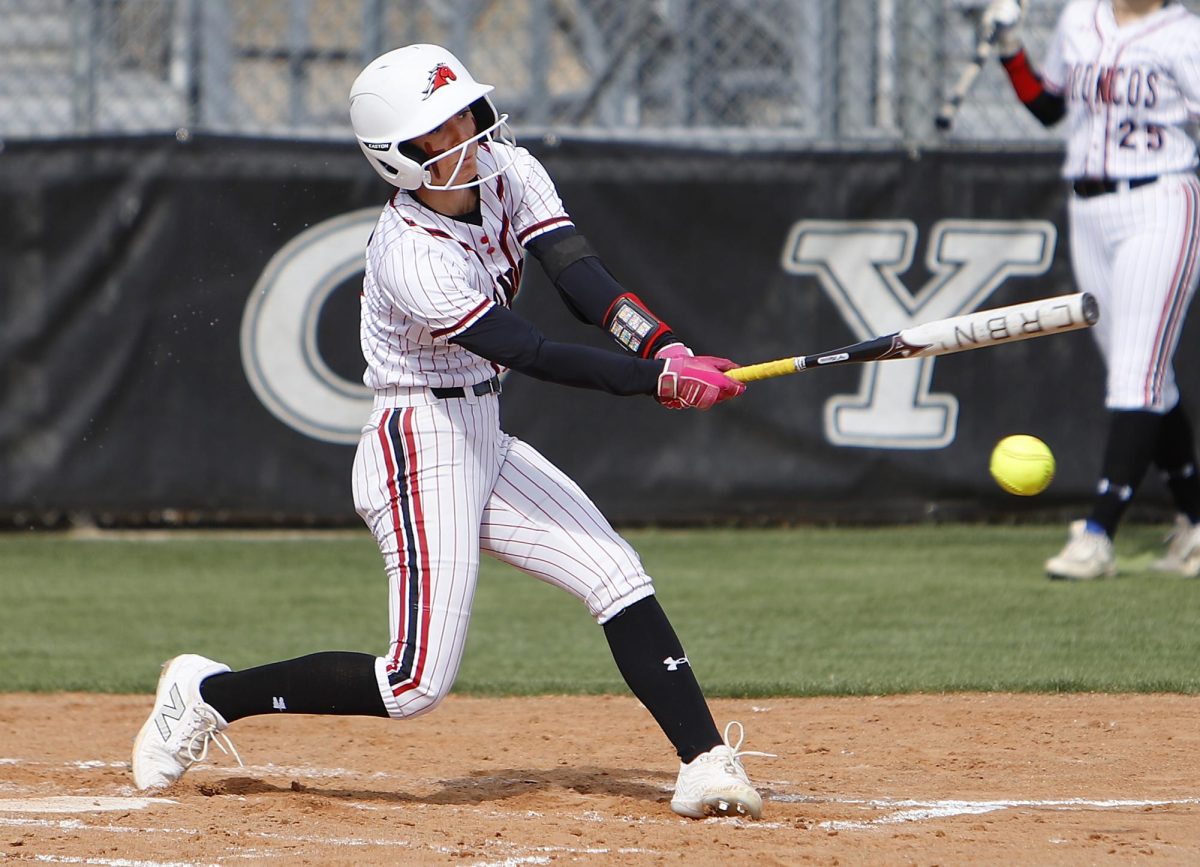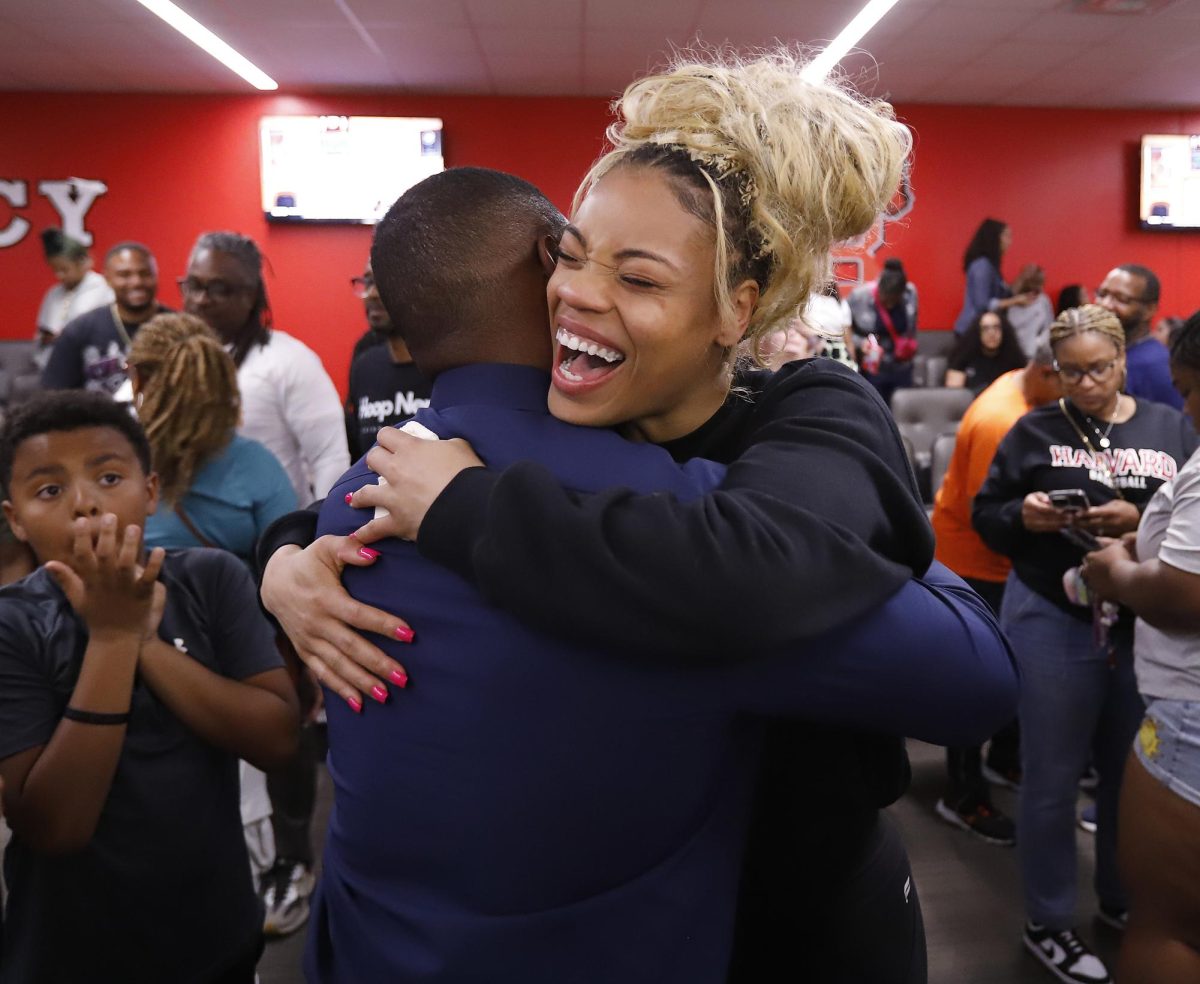Adix jumps up, realizing he needs to leave for school in about five minutes. On the car ride over, he decides to do his homework when he gets to school, but when he walks through the doors he hears his friends, calling him over. Through all the distraction and procrastination he knows he only has one more opportunity to do his homework. Waiting outside his next class he spots a friend, a friend who remembered to do their homework. He hurriedly copies down the answers, feeling an adrenaline rush similar to the night before, only this time he isn’t playing a video game. He is cheating.
“It’s the heat of the moment,” sophomore Adix said. “I’ll think, ‘This is awesome I’m going to get a 100.’”
Although Adix occasionally cheats on his homework, but he never cheats on tests and often goes back home to review the information he copied to make sure he understands the lesson or chapter he was supposed to read.
“I’ve never cheated on a test because it’s unethical,” Adix said. “I think when it comes to a test everyone tries to do good by it.”
AP World History teacher, Amy Deatherage, sees her student’s trade and copy reading guides. She hears them laughing about never reading one chapter from the book. She notices the ‘100s’ on the reading guides don’t reflect the ‘30s’ on the quizzes.
“They [students] don’t see it as being a big issue because they just care about the little grade,” Mrs. Deatherage said. “I don’t really care; I just want them to learn the content.”
Although Adix cares enough about his grades to cheat, he never checks his grades. When he fails an assignment or test his parents are there to tell him to bring it back up.
“My parents nag me a lot,” Adix said, “but most of the time I tell them to stop because I’ve tried my hardest even though I sometimes fail.
Coming to class needing one or two more answers, Adix will look to a friend for help and, in return, give away a few of his answers.
“I think it has been skewed as to what most teachers think as cheating and what students think as cheating,” Principal David Wright said. “What that line is, I don’t know. I think there are times when working together and discussing is good.”
When Mr. Wright started college he found himself pulling all-nighters with friends just to study for one test. But when he got to class the next day, not everyone shared the same excitement in learning the content.
“At that point it would absolutely gall me that students would come to class and want to cheat off me when I had studied all night for a test,” Mr. Wright said. “I certainly understand the temptation to cheat, but it’s wrong and a student is cheating themselves in the long run.”
After teaching AP English at Summit, Kathryn Quesenbury began a new career when the dual-credit program moved to Ben Barber. Although she misses the novels and discussion in AP, she no longer deals with a set lesson plan and enjoys the perks of TCC’s zero tolerance policy when it comes to cheating and plagiarism.”
“High school teachers have so much on their plate,” Ms. Quesenbury said. “The stress level of being a college instructor is almost nothing as compared to that of a high school teacher.”
Although many students do not understand the intolerance of TCC policies and instructors, Ms. Quesenbury enjoys e-mails in the fall thanking her for teaching them the aspects of “real college.”
“It’s what I enjoy the most, but it’s what also frustrates me the most,” Ms. Quesenbury said. “Even though students have been told, they don’t understand what college is really like.”
With the option to take as many AP and TCC courses as they want, students become overwhelmed with busy hectic schedules and extracurricular activities.
“I really don’t know how cheating can be prevented,” Mrs. Deatherage said. “There needs to be a culture change and enough self-pride. There maybe needs to be counseling to change the rigor of the scheduling.”
Although Adix only takes one AP course, he watches his little brother come home everyday and doing nothing but homework, inspiring Adix to take on a smaller workload.
“If they’ve bitten off more than they can chew, students might be tempted to cheat,” Mr. Wright said. “I think there needs to be a balance in the schedule; there are things in high school that need to be fun and taking too much AP and TCC can take the fun out of it.”
When Adix comes home, he continues to push his homework farthest from his mind, but the next day he’ll work together with a friend to understand the content he needs to learn.
“I try to exercise my brain every night by thinking of strategies in Call of Duty,” Adix said, “that way if I don’t do my homework my brain is still in shape.”














